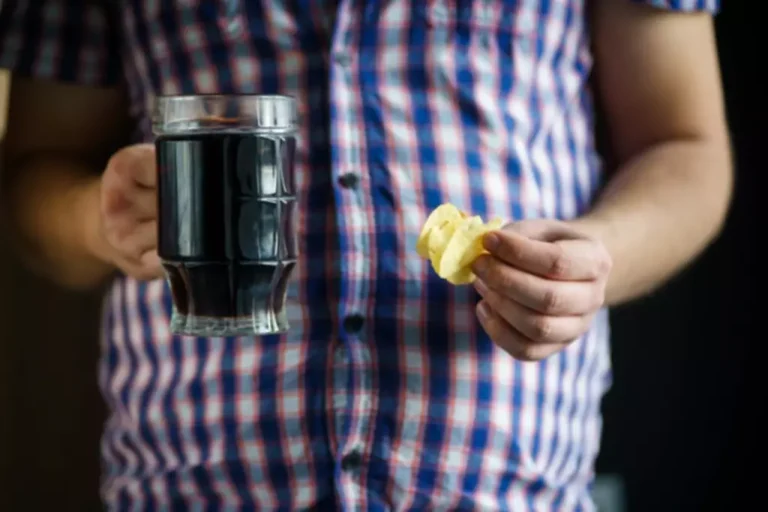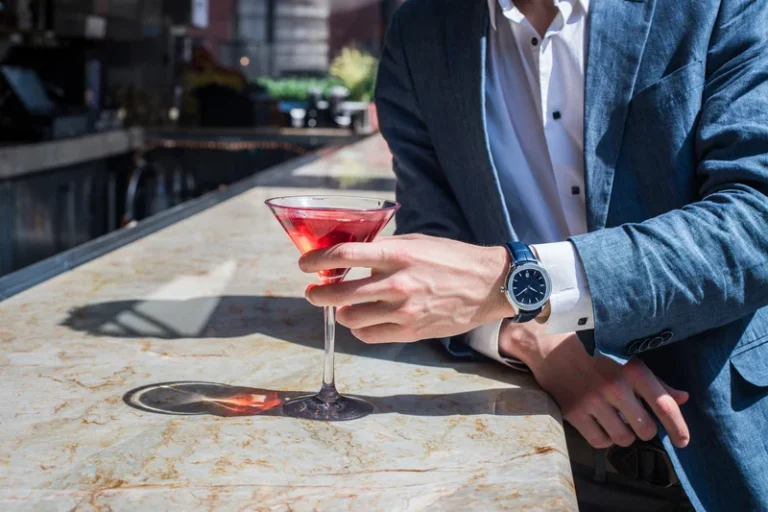

I remember the feelings of defeat, how my heart sank with each step closer to home—knowing that I would drink again, and the despair that I may never be able to break free from alcohol. You might also notice some immediate benefits, like sleeping more soundly, memory improvements, and generally feeling more mentally sharp. And because you’ll be taking in fewer calories, you may also shed some weight. When experts talk about the dangers of excessive drinking, we often assume those warnings apply mostly to people with alcohol use disorder, a health issue sometimes referred to as https://ecosoberhouse.com/ alcoholism.
What Happens When You Stop Drinking for One Month?
- Depending on how much a person drinks, taking a break from alcohol for a month could lead to myriad positive changes.
- In the short term, alcohol is processed through your liver in about an hour.
- You could go again through the process of increasing amounts of alcohol until you are drinking at the level that you used to or worse.
- Participants in Dry January or other temporary sober periods noticed an increase in their quality of sleep.
- This improved immune function is another key benefit of giving your body a break from alcohol.
- Alcohol can reduce the amount of rapid eye movement (REM) sleep you get.
Initially, and for sometime afterward, alcohol may seem to enhance certain experiences. People may seem more accepting or less judgmental, and you might feel you “fit in.” You may convince yourself that experiences are more enjoyable and conversation more relaxed. These beliefs can help rationalize the negative experiences that might also occur. Just like a broken bone or infection needs time to heal, so does an overworked liver. While this depends on the amount of alcohol you taking a break from alcohol have had over the years, your liver can see partial healing within two to three weeks, but this will depend on your health history.
- These ideas are all helpful when you’re taking a break from drinking.
- You might need to give your body time to adjust to falling asleep without alcohol.
- “As a result, the liver has to work harder and longer to recover from the effects of alcohol,” he says.
- It takes more than a period of abstinence to stop an alcohol use disorder.
- Another social club member, Kathy Kuzniar, says she used to obsess over whether there was enough wine in the house.
Increased Energy


For some, it’s the beginning of a longer journey toward a healthier lifestyle. If you’re overweight and regularly drink alcohol, you should find that you lose weight if you stop drinking.9 And not drinking at all will make it easier to maintain a healthy weight. You may find yourself being more social during the day, and relaxing and unwinding during the evenings when you’d normally be out and about. Get weeks and then months under your belt and you smash all of your self-limiting beliefs around alcohol (that you need it to have fun or to relax). And before you know it, you realize, if I can do this, what else can I do?
Mistake 5: I Focused on the Loss and Missed the Gain


If you’re not ready to give up drinking entirely, cutting back can lower the likelihood of all of these harms. For example, cutting down on alcohol, or stopping entirely, is linked with lower cancer risks, according to a report from the American Association for Cancer Research. These ideas are all helpful when you’re taking a break from drinking.


If you suddenly have a craving for alcohol, try doing some vigorous exercise or doing something you love instead. These things release the same feel-good chemicals in your brain as alcohol. They won’t make you feel intoxicated like alcohol but they may make you Twelve-step program feel happier and more relaxed.

